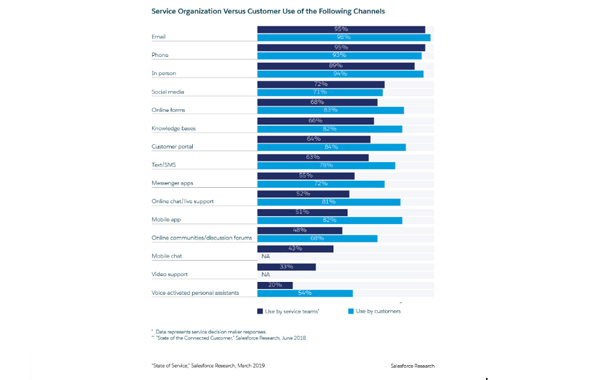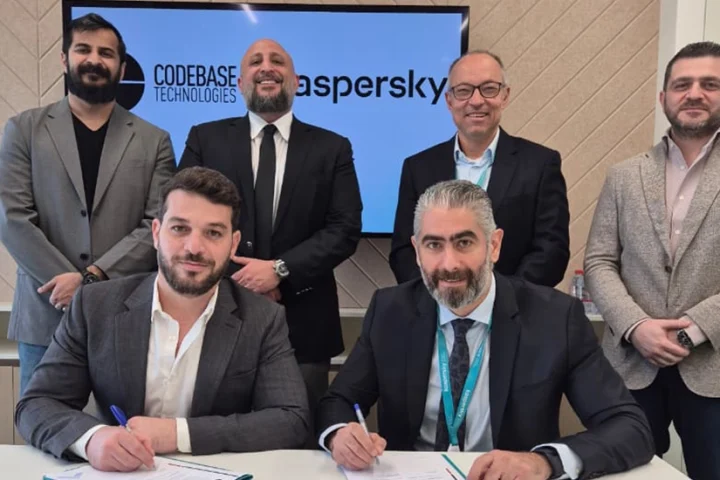Salesforce launched new artificial intelligence and productivity solutions that empower customer service agents to focus more of their time on the human side of service — tasks that require social intelligence, critical thinking and creative problem-solving skills. As customer service rapidly evolves from a reactive back-office function to one that impacts every stage of the customer’s journey, service agents are continually asked to do more. With new AI-powered recommendations, automated routing, and embedded productivity and collaboration capabilities, Salesforce is reimagining the agent experience to meet the needs of today’s connected customer.
Service agents are on the front lines of all customer interactions, from the moment a consumer begins researching products all the way through to post-sale support. And while agents have historically not had the necessary resources to deliver world-class customer experiences, that is now changing. According to the third edition of the Salesforce State of Service report released today, 82 percent of service leaders acknowledge their company’s customer service function must transform to stay competitive, and 77 percent of service organizations plan to make significant investments in agent training this year. This is causing a dramatic shift in the service agent’s role, with 71 percent saying their jobs are more strategic than just two years ago and 75 percent saying their organizations now view them as brand ambassadors.
Agents often spend more time hunting down answers than focusing on customer engagement given how difficult the collaboration process can be — corralling input from multiple teams, hunting for answers or documentation, and switching between multiple applications when doing so. Now with Quip for Service, agents have a productivity and collaboration tool embedded directly within the agent console:
- Quip for Service enables agents to co-author documents, bring in subject matter experts across the business to swarm on complex problems, and have live collaborative conversations directly within the case record.
- Admins can build and easily publish flexible Quip templates in the agent console, as well as customize them based on different use cases and specific organizational needs.
Together, these new features will fundamentally change how service agents get their work done. For example, when a customer contacts a manufacturer about a malfunctioning refrigerator, Einstein Case Routing will automatically complete the case details and route it to the right agent for faster service. Einstein Article Recommendations will then automatically provide the agent with knowledge articles containing technical details on how to fix the product. Alternately, if the customer reaches out via chat, Einstein Reply Recommendations will instantly suggest responses to the customer’s questions to the agent. Should the agent need to enlist product experts across the company to help fix the refrigerator, Quip for Service allows them to collaborate directly in the agent console, then capture that solution to be used again in the future. Finally, based on the conversation and the customer’s purchase history, Einstein Next Best Action flags that the customer qualifies for a free extended warranty, then walks the agent through the registration process. All of the guesswork is removed, and both the customer and agent have a better overall experience.


















